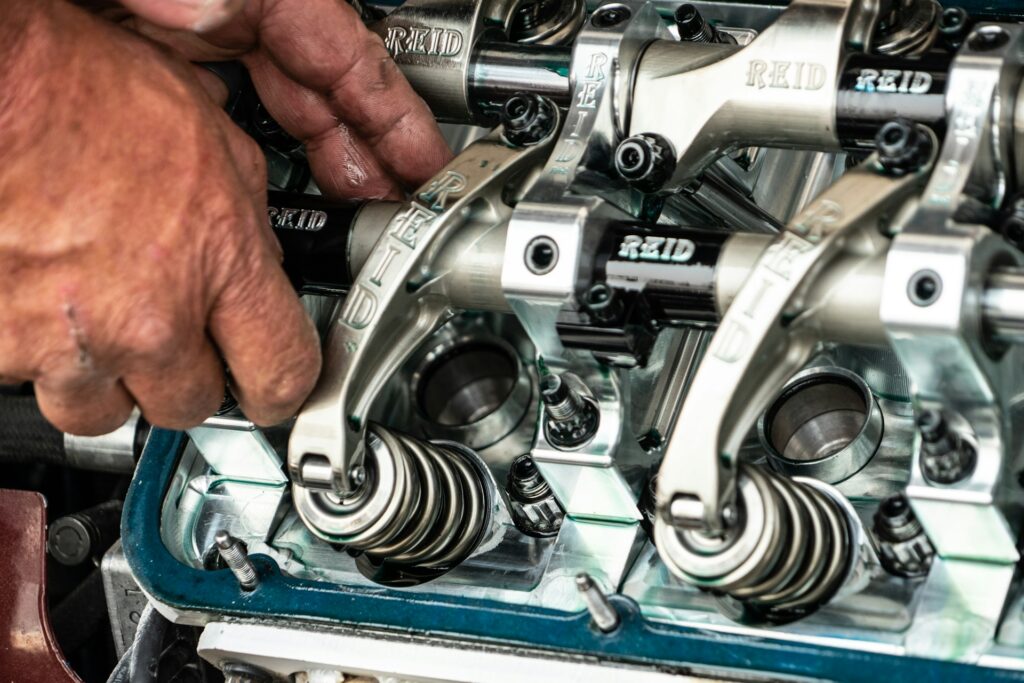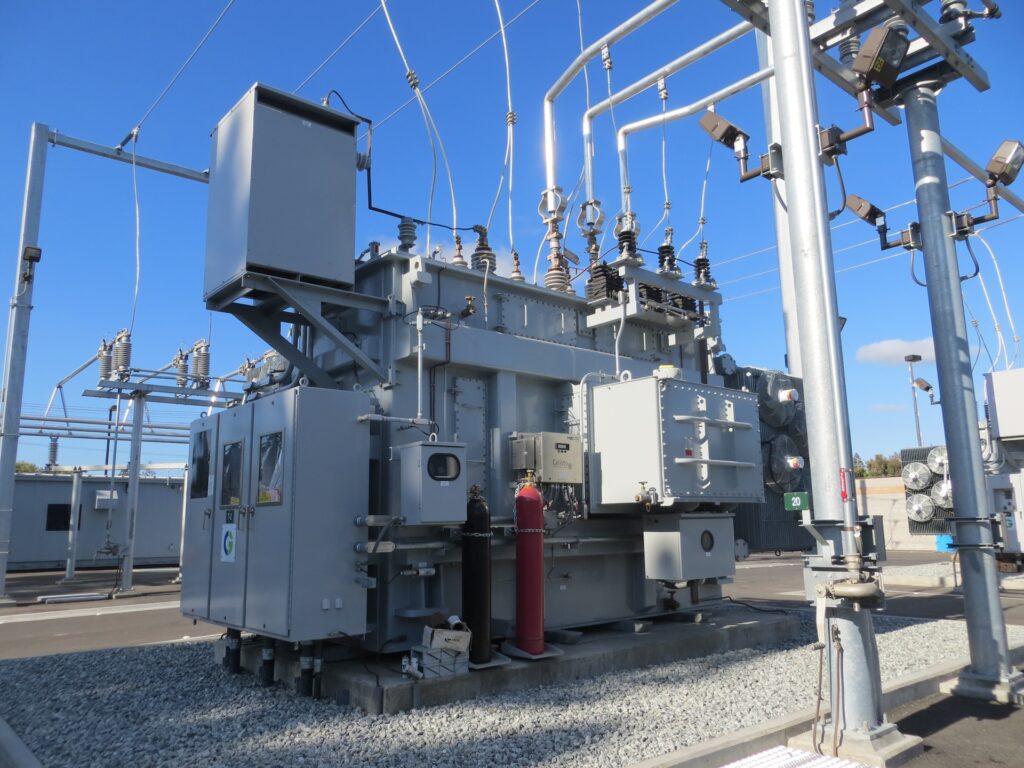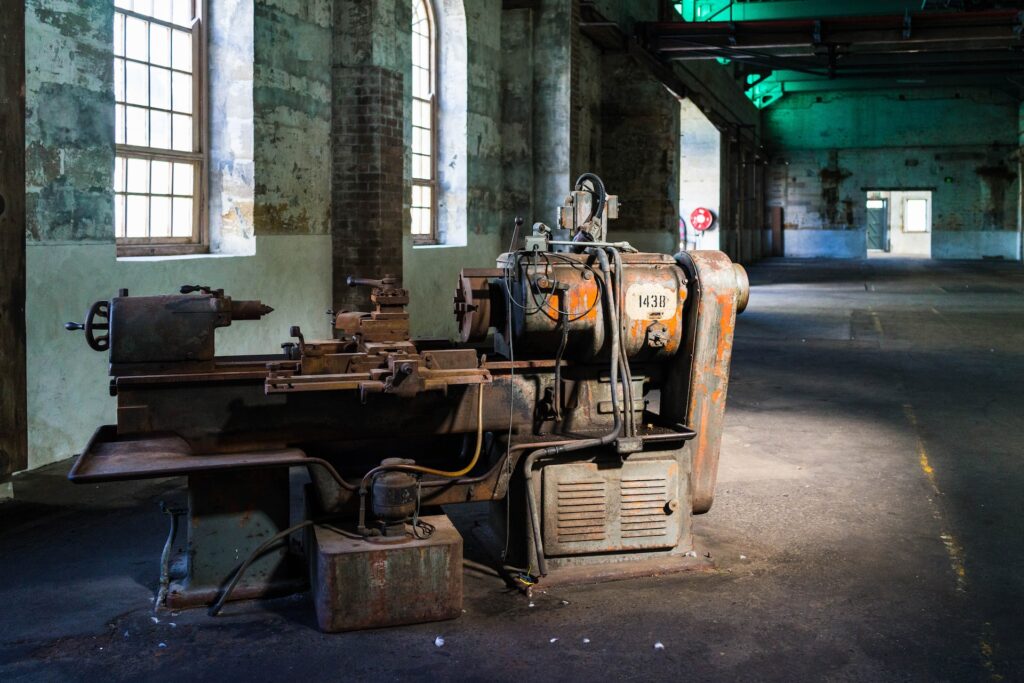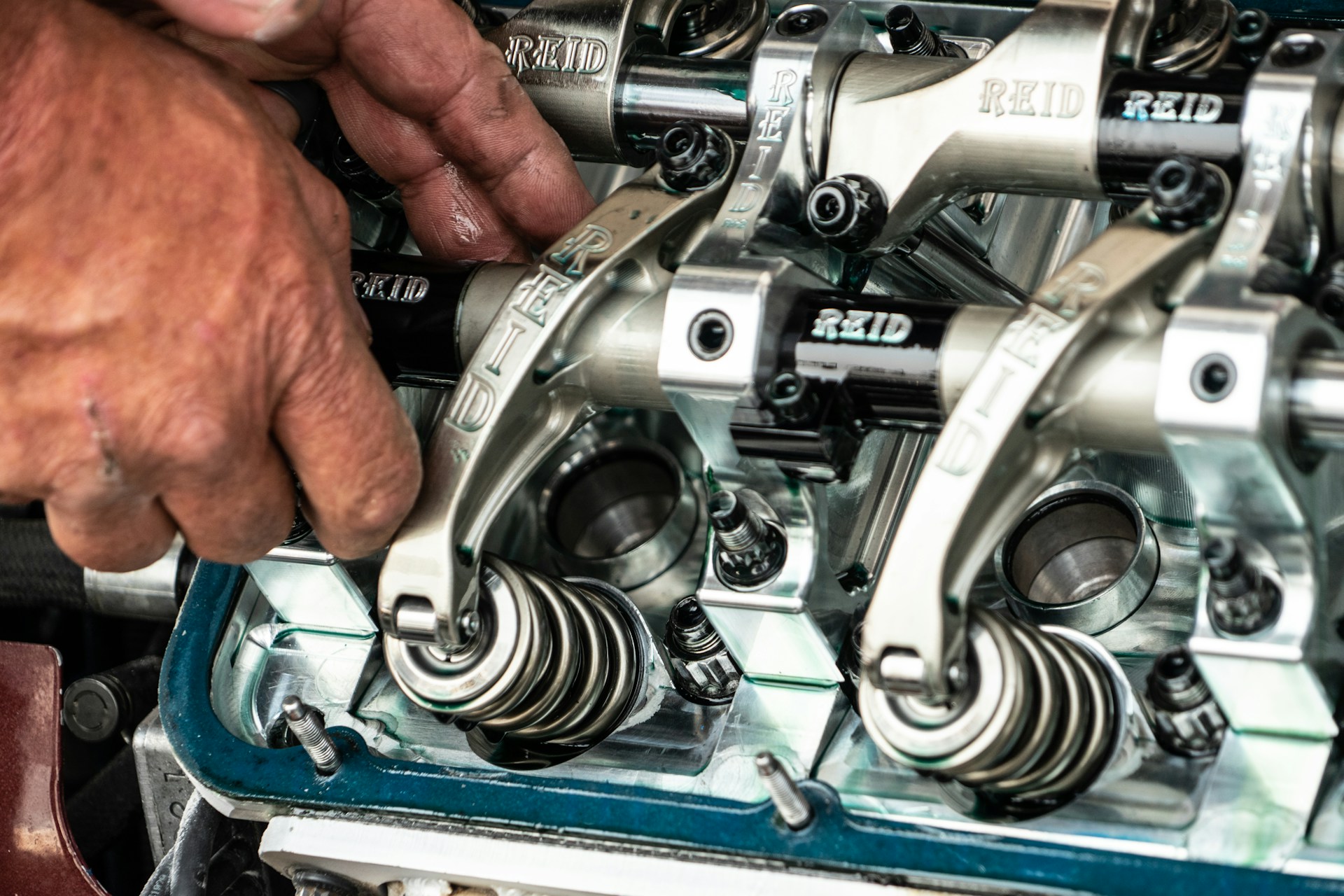When disaster strikes, you’re often left without power. Well, what if you didn’t have to be? With the right generator, you don’t have to worry about losing electricity again. But choosing the right one isn’t as easy as it seems.
This article will guide you through the process, so you’ll know exactly what to do when disaster strikes. Let’s delve into the role of generators in disaster preparedness and recovery.
Understanding the Basics of Generators

Before you can fully grasp the role of generators in disaster preparedness and recovery, you need to understand a few basic principles about these essential machines.
Generators work like a mini power plant, converting mechanical energy into electrical energy. They’re crucial in emergencies, providing power when the grid fails.
Here’s the strategy: you need to know your energy needs to select the right generator. Larger ones cover more needs, but they’re costlier, consume more fuel, and require more maintenance. Smaller models are portable and economical, but they can’t power everything.
You also need to consider fuel types, availability, and storage. Understanding generators isn’t just about the mechanics; it’s about aligning their capabilities with your strategic disaster plan.
Generators in Disaster Preparedness
Often, you’ll find that having a well-maintained generator on hand significantly increases your chances of staying safe and comfortable during a disaster. It provides an independent power source, enabling you to maintain essential functions such as heating, cooling, and refrigeration. A generator can also power crucial communication devices, keeping you connected with emergency services and loved ones.
However, it’s not enough to simply own a generator. You need to ensure it’s in good working condition and that you’re familiar with its operation. Regular maintenance is key. Also, it’s crucial to have a sufficient supply of fuel and to store it safely.
Strategically planning for generator use in disaster preparedness can make a significant difference to your survival and comfort.
Generators During Disaster Events

During a disaster event, it’s your well-prepared generator that can become your lifeline, providing vital power when the grid goes down. It not only keeps the lights on, but also powers essential equipment like refrigeration for food and medication.
However, it’s not enough to just have a generator; it must be strategically placed, adequately fueled and properly maintained. Unforeseen issues such as flooded basements or blocked exhaust vents can compromise its operation. You’ve also got to have a plan for refuelling as supply chains can be disrupted.
Furthermore, regular maintenance, including oil changes and filter replacements, ensures its reliability. Thus, a well-managed generator isn’t just about having power, it’s about securing your survival and recovery during disaster events.
Role of Generators in Recovery Process
In the aftermath of a disaster, your generator’s role doesn’t end with providing immediate power; it’s instrumental in facilitating your recovery process. As relief efforts kick into gear, your generator’s reliable power supply aids in rebuilding damaged infrastructure and homes. It powers critical tools and equipment, aiding in swift recovery.
Your generator also ensures that communication lines remain open, a key factor in coordinating efforts and ensuring safety. It can keep essential services, like hospitals and emergency services, operational when they’re needed the most. Crucially, it allows you to maintain some normalcy during challenging times, powering your home and keeping your family comfortable.
In short, your generator isn’t just a source of energy in disaster situations, it’s a lifeline facilitating recovery.
Selecting the Right Generator for Emergencies

Given the crucial role of generators in disaster recovery, it’s essential you choose the right one for emergency situations. You should consider factors such as power output, fuel type, and portability.
A generator’s power output, measured in watts, determines how many appliances you can power simultaneously. It’s crucial you calculate your power needs accurately.
The fuel type is also significant, as it impacts the generator’s efficiency and running cost. Diesel, petrol, or propane, each have their pros and cons.
Lastly, consider portability, especially if you’ll need to move the generator around. In emergencies, a portable generator can be a lifesaver.
Conclusion
In wrapping up, you can’t underestimate the value of generators in disaster readiness and recovery. They provide vital power during emergencies and aid in recovery efforts.
Choosing the right generator is critical, so consider your energy needs strategically. Don’t wait for disaster to strike—plan ahead, invest in a reliable generator and be prepared.
Remember, in the aftermath of disaster, a generator can be the difference between despair and resilience.
